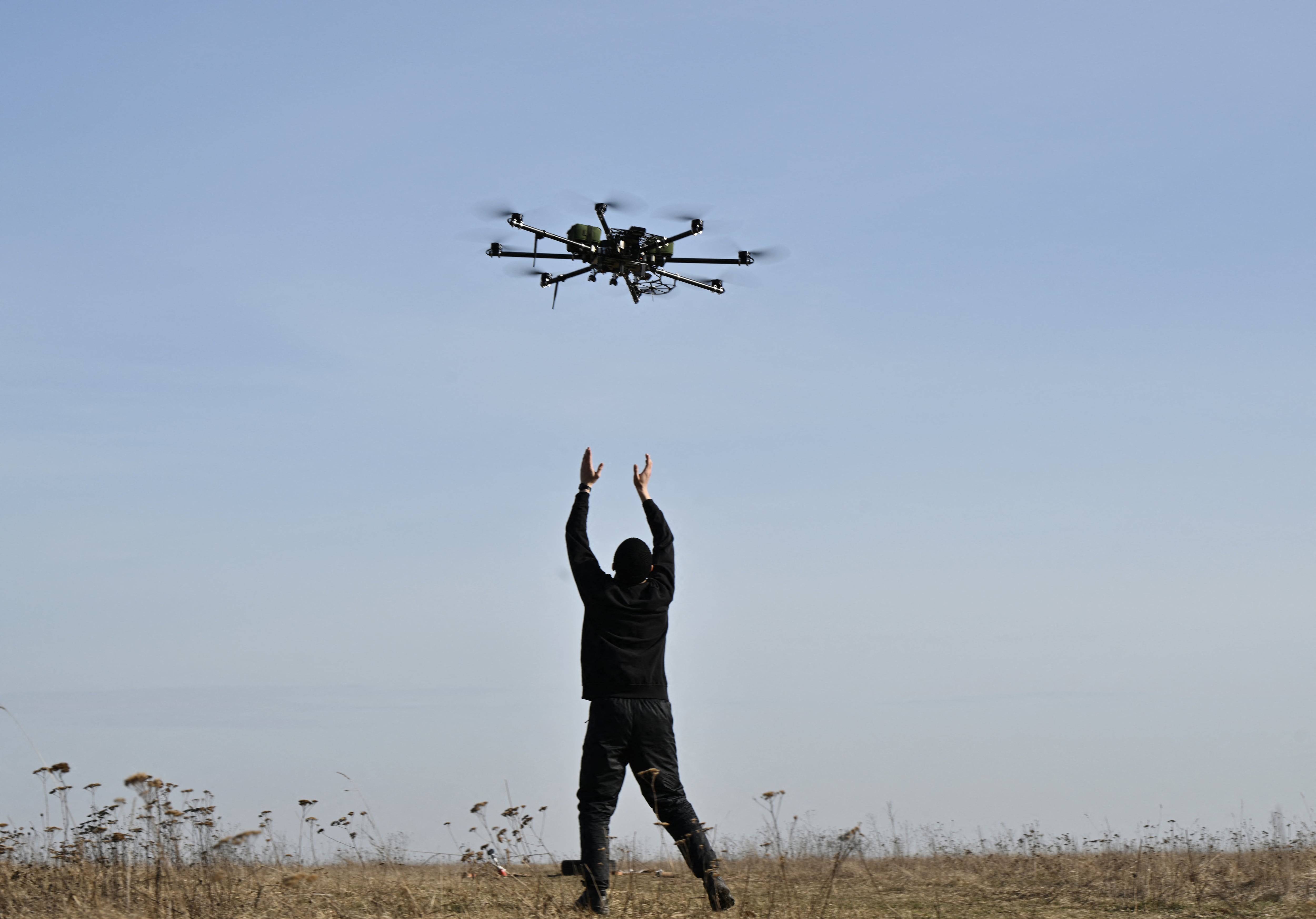STUTTGART, Germany – The French military has awarded Naval Group a new contract to study the design of a future armed unmanned underwater vehicle, the company announced June 7.
The nine-month study will allow Naval Group to examine principal use cases and develop system architectures for an Unmanned Combat Underwater Vehicle, or UCUV. Its missions would include intelligence, surveillance, and reconnaissance (ISR), with the idea of helping the French military “master” the seabed, according to Naval Group.
The Armed Forces Ministry’s procurement office, the Direction Générale de l’Armement, awarded the contract on May 4, per a company statement.
The study comes as Naval Group prepares its extra-large unmanned underwater vehicle (XL-UUV) demonstrator for sea qualification this summer. The company began developing the system in 2016 and first unveiled it in 2021.
Once qualified, Naval Group will use the XL-UUV to test various “technological bricks” in a short cycle, the company said. One such brick could be the Controlled Decision-Making Autonomy (ADC) capability, developed with France’s national aerospace research center ONERA to be an “onboard brain for drones.”
“This first UCUV project paves the way for additional work to quickly develop the key technological bricks of such a drone, in relation to the development of the first demonstrator,” Naval Group said in the release.
The company did not respond to questions regarding the cost of the study before this article’s publication.
Seabed warfare has become a dominant topic of conversation in Europe, especially for the French military. Paris was the first government to issue a dedicated military strategy for the ocean floor domain in early 2022, and a portion of the nation’s €10 billion ($10.7 billion) dedicated to innovation in the proposed 2024-2030 Military Program Law will focus on the topic. A key goal for Paris is to develop an underwater drone that can reach depths of 6,000 meters.
The lower house of parliament, the National Assembly, voted on Wednesday to approve the six-year programming law, known as the Loi de Programmation Militaire (LPM) in French, by a vote of 408-87. The bill now goes to the Senate as the upper chamber for a vote.
Vivienne Machi is a reporter based in Stuttgart, Germany, contributing to Defense News' European coverage. She previously reported for National Defense Magazine, Defense Daily, Via Satellite, Foreign Policy and the Dayton Daily News. She was named the Defence Media Awards' best young defense journalist in 2020.






